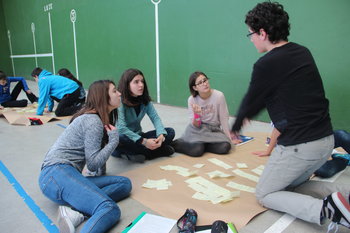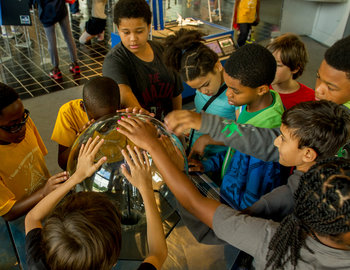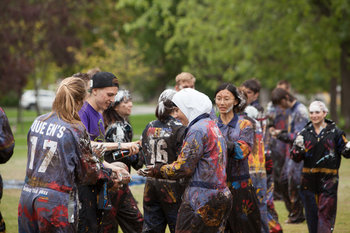
Analogies – develop comparisons to better understand things. | Asking questions. |
Blocking – study one subject at a time. | Breaking down larger tasks into smaller ones. |
Challenging assumptions in study materials. | Comparing and contrasting. |
Composing a list of questions that you have. | Creating flashcards. |
Creating lesson plans – how would you teach the materials to someone else? | Cultivate self-discipline and resolve. |
Cultivating genuine interest and curiosity for a subject. | Doing practice tests. |
Draw mind maps to organize information. | Drawing conclusions. |
Drilling flashcards. | Explain concepts to someone else – learn by teaching. |
Focusing for a preset period of time. | Following a study schedule. |
Getting sleep and proper nutrition. | Going to libraries, cafes, outdoor spots or other places where you find you can focus more. |
Highlighting key information. | Identifying assumptions. |
Identifying themes in materials. | Interleaving – study multiple subjects in a single session. |
Joining a study group. | Leverage spaced practice – learn over time to allow your mind to process. |
List what you don’t understand yet. | Maintaining health and balance e.g. going for a jog to clear your mind for a while. |
Organizing your study materials. | Paraphrasing text or summarizing a chapter. |
Participate in class discussions. | Positive thinking – you can do this. |
Practicing active listening – e.g. take detailed notes in class. | Practicing active reading – highlighting and making notes |
Preview – read through a table of contents first. | Quiz yourself. |
Read and ponder – explore your curiosity about a subject. | Reading materials to discern main points. |
Reflecting on material. | Removing distractions. |
Reviewing class notes. | Reviewing notes regularly. |
Seeing things with a sense of humor – don’t take studying too seriously. | Setting priorities – e.g. complex and obscure topics last. |
Setting specific goals for each study session. | Study early and often as opposed to cramming. |
Summarizing a chapter. | Take notes while reading. |
Taking concise notes. | Use a variety of sources such as textbooks, notes and web. |
Use a variety of study techniques to avoid boredom. | Use abbreviations to simplify information. |
Use drawings and visualizations to understand information. | Write reflections on materials. |
Writing a thesis statement. | Writing an argumentative essay. |
Writing an outline of materials or a topic area. |





































